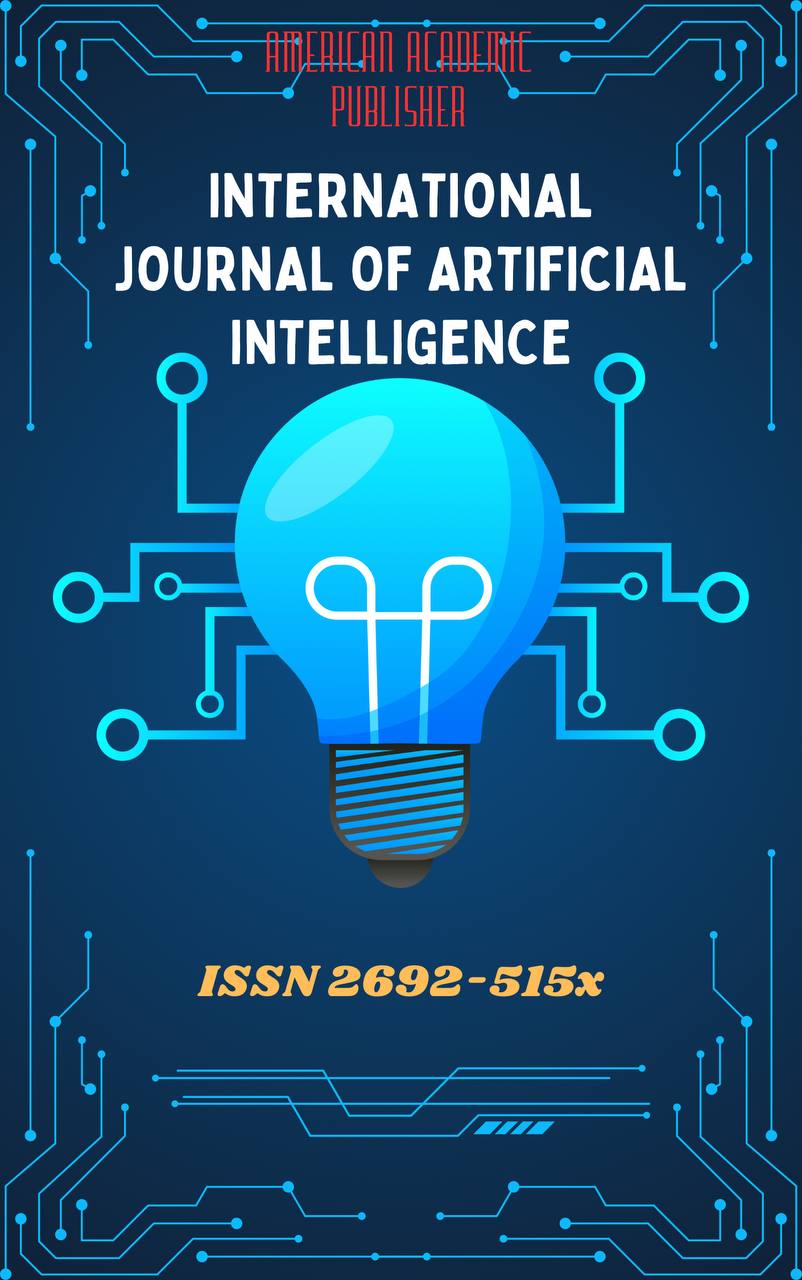 Articles
| Open Access |
Articles
| Open Access | THE ROLE OF FOLKLORE TRADITIONS IN MODERN UZBEK PROSE (THROUGH THE WORKS OF OMON MUXTOR)
Erkabayeva Shahnoza , Student of the Faculty of Philology and Arts, Urgench State University named after Abu Rayhon BeruniAbstract
This article explores the artistic integration of folklore traditions in modern Uzbek prose, focusing on mythopoetic motifs in Omon Muxtor’s novel Aflotun. Drawing from Uzbek oral literature–such as fairy tales, legends, and myths – the novel constructs a symbolic narrative grounded in national spirituality. The motif of descending into a well, commonly found in both local folklore and Islamic legends, is analyzed as a metaphoric passage between the material and spiritual worlds. The study examines how folkloric images, linguistic expressions, and epic exaggerations serve both poetic and philosophical functions in the novel. Ultimately, the article argues that Aflotun represents a unique synthesis of ancient tradition and contemporary literary expression, reaffirming the continuing relevance of myth in shaping national identity and artistic thought.
Keywords
Uzbek prose, folklore traditions, mythopoetic motif, symbolic narrative, Omon Muxtor, Aflotun, epic structure, well motif, oral literature, spiritual symbolism.
References
Jo‘raev M. O‘zbek xalq samoviy afsonalari. – Toshkent: Fan, 1995. – B.23.
Sattorov U. O‘zbek xalq toponimik rivoyatlari: Filol. fanlari nomzodi ... dis. – Toshkent, 1999. – B.82.
Omon Muxtor. Aflotun. Roman. – Toshkent: Ma’naviyat, 1998. – B.12.
Article Statistics
Downloads
Copyright License

This work is licensed under a Creative Commons Attribution 4.0 International License.

